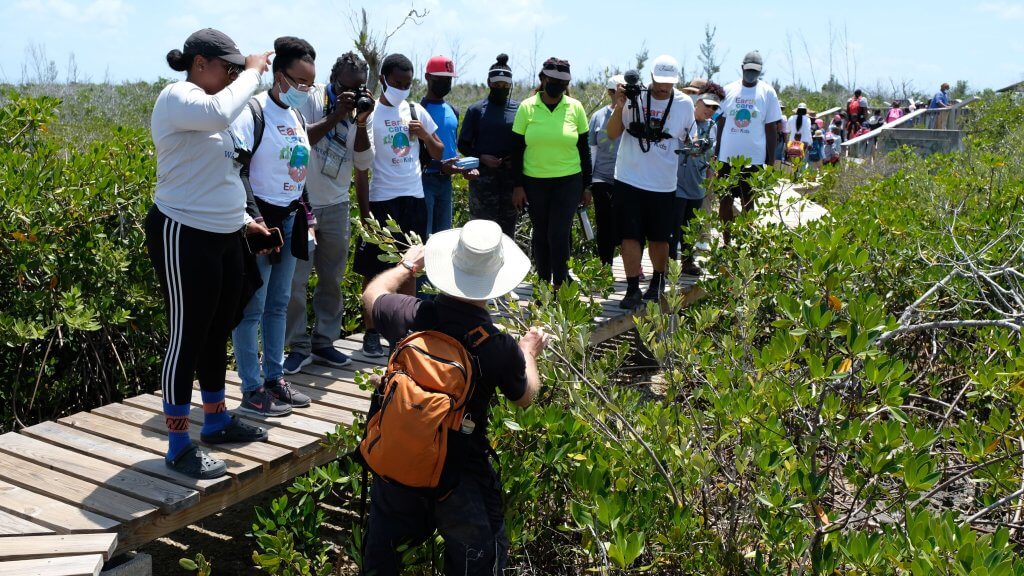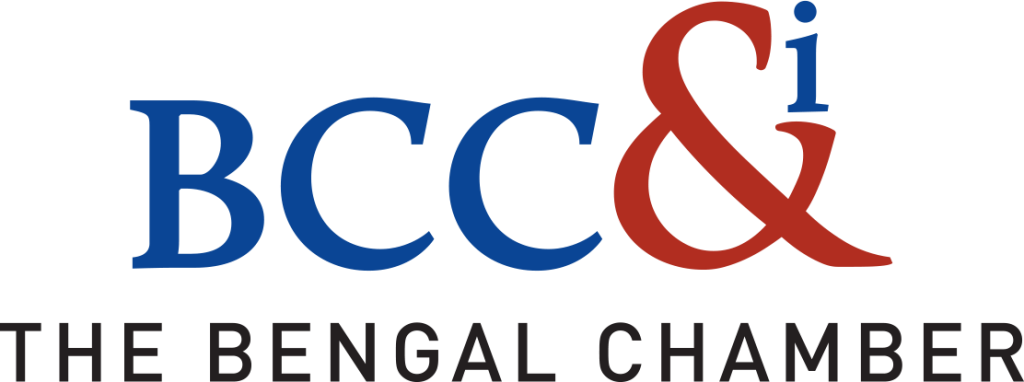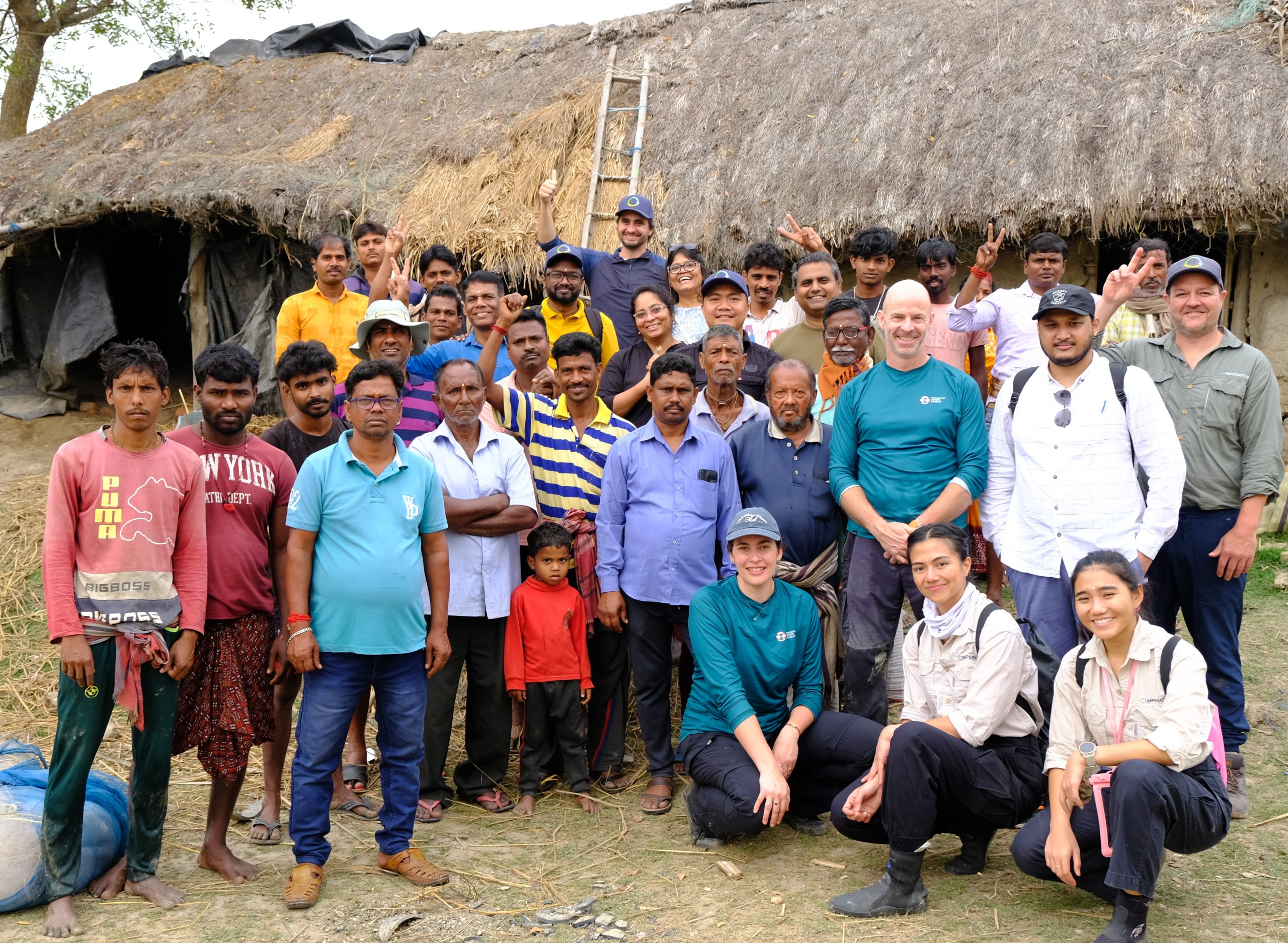
CBEMR: A Path to Verified Carbon Credit Projects
Location: West Bengal, India
Dates: 27 Jan – 2 Feb 2025
Goal: Imperative Global Solutions partnered with Mangrove Action Project to deliver Community-Based Ecological Mangrove Restoration (CBEMR) training as part of a broader effort to build capacity for a large-scale Integrated Mangrove Aquaculture (silvofishery) and mangrove restoration initiative in Odisha and West Bengal, India. The goal is to develop effective, community-led restoration practices that support climate resilience, biodiversity, and local livelihoods through carbon finance.
Partners

CBEMR approach supports high-integrity restoration projects aligned with Verra carbon credit verification standards

In-depth CBEMR training covered both social and ecological planning
Practical fieldwork and planting events strengthened community engagement
What we did
The final two days featured hands-on and community-focused activities. A collaborative planting event brought together local families, farmers, and community leaders for practical training in best practices for mangrove planting. On the final day, workshop participants undertook a guided field visit to a nearby site, where they identified ecological features, assessed restoration stressors, collected environmental data, and developed preliminary restoration strategies tailored to the site’s biophysical and social context.
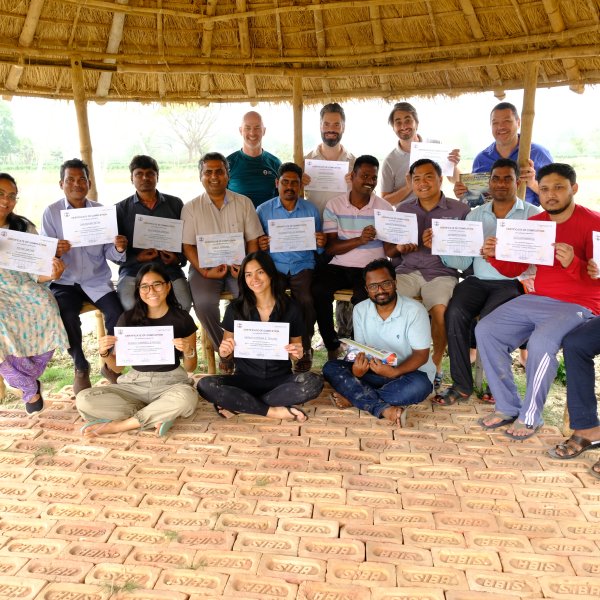
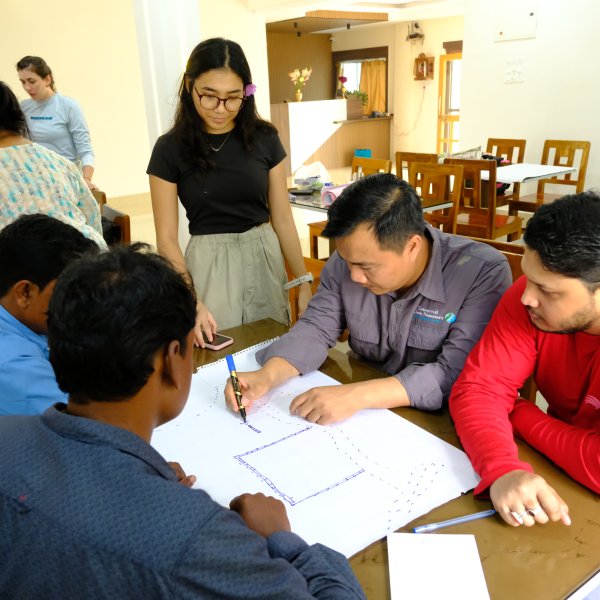
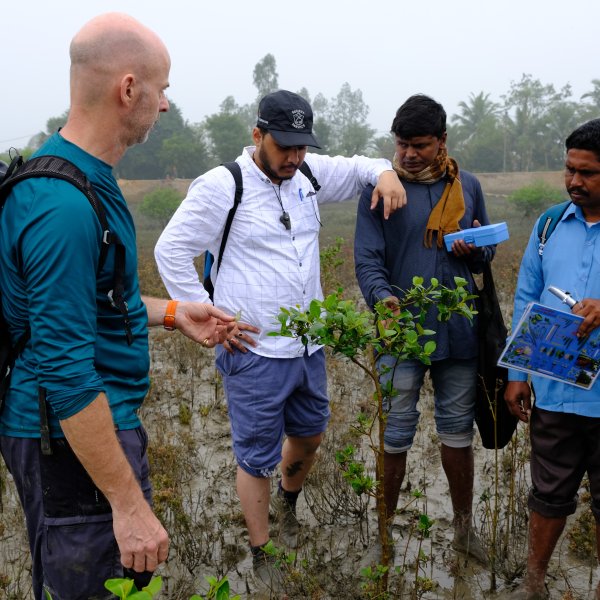
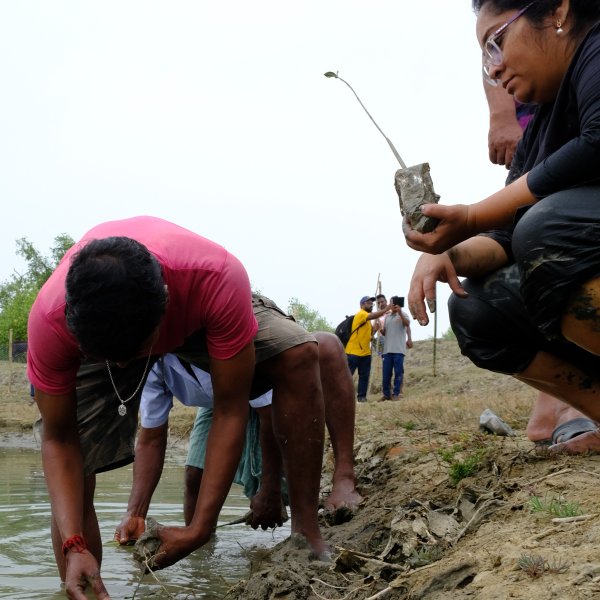
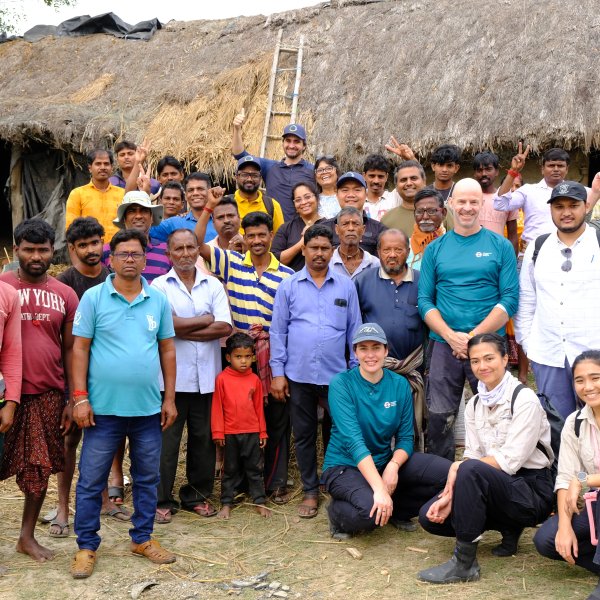
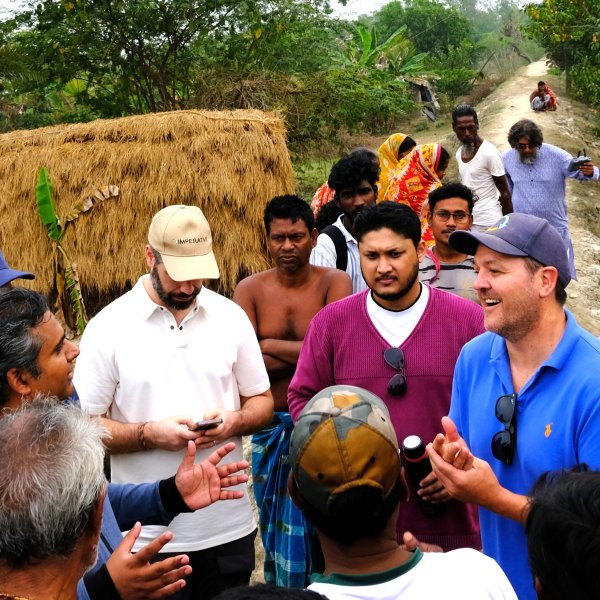
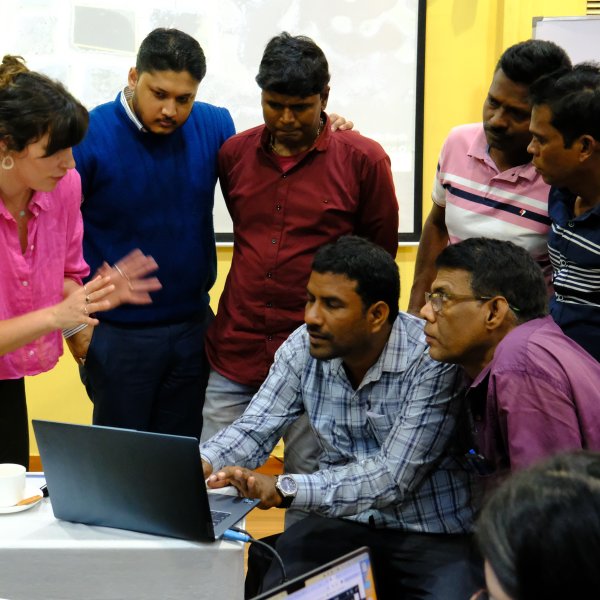
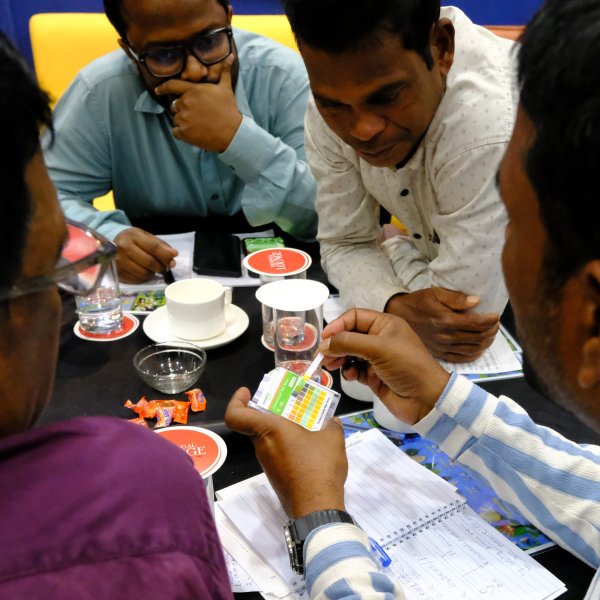
"What I really liked about the training from MAP is that they speak from the ground. They have a lot of experience, and we are really benefiting from that. They combine theoretical knowledge with real field experience, making it a really good training for all of us. The most important thing I learned is that I used to think planting was always the best, but after this training, I realized natural regeneration is better - you only need to plant if it’s really needed." Yitno Suprapto, Silvofshery & Aquaculture Manager, Imperative Global Solutions
"The CBEMR training is really great, especially for people developing blue carbon projects like us. We were able to integrate social and biophysical research, which is so important for long-term projects that will last at least 40 years. Getting into the community, doing the right social research, and engaging people in restoration the right way - it all ties together. We learned so much, especially in the field. Thank you, Mangrove Action Project, we love you!" Inna Trivino, Technical Carbon Analyst, Imperative Global Solutions
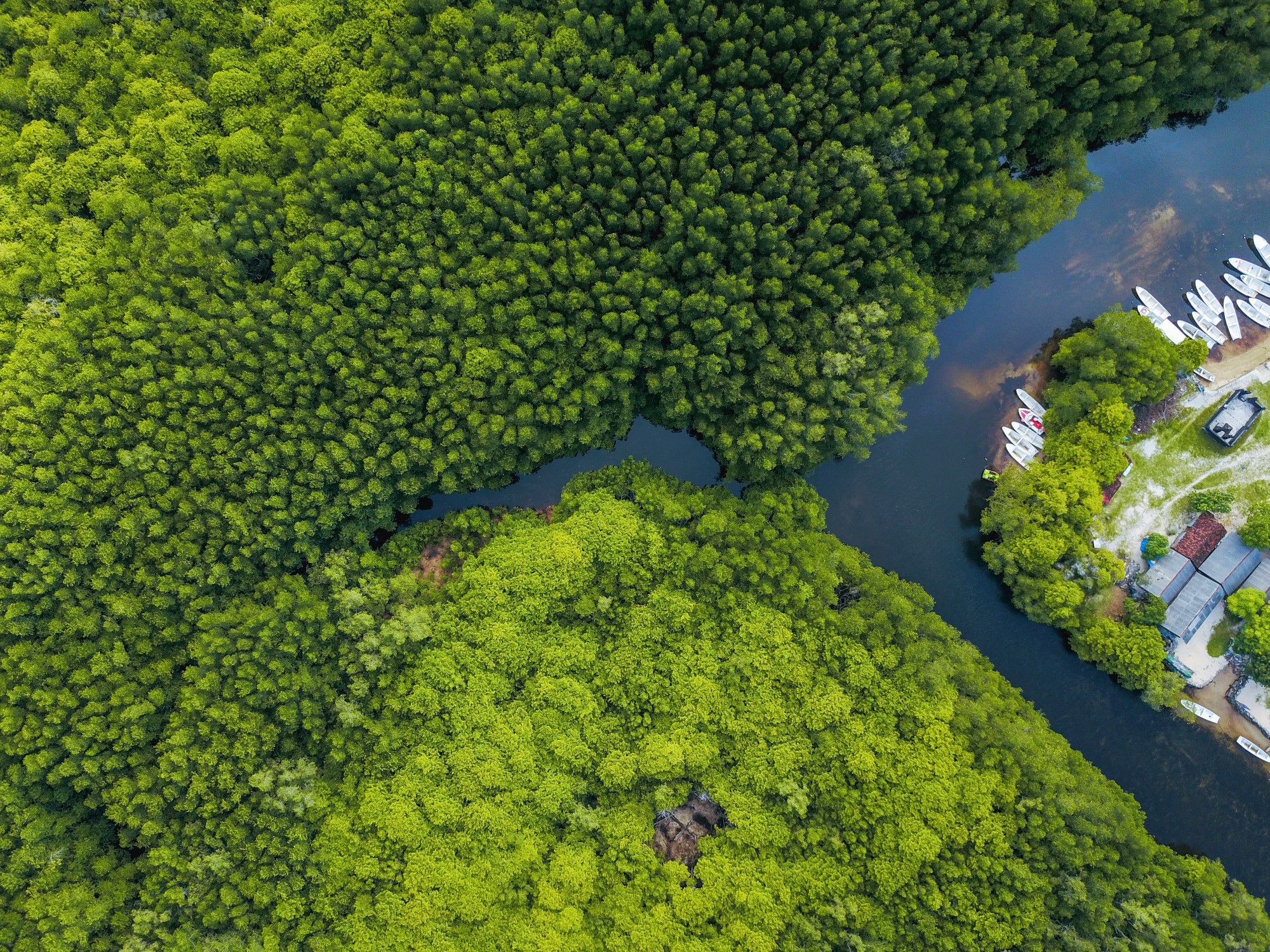
Interested in working with us?
Get in touch with us at dominic@mangroveactionproject.org
Related work
- Read more about Enhancing Community-Led Restoration in the Gulf of Guayaquil
Enhancing Community-Led Restoration in the Gulf of Guayaquil
Location: Guayaquil, Ecuador Date: August 2023 Goal: Train participants in the CBEMR approach to enhance mangrove restoration efforts in Guayaquil…
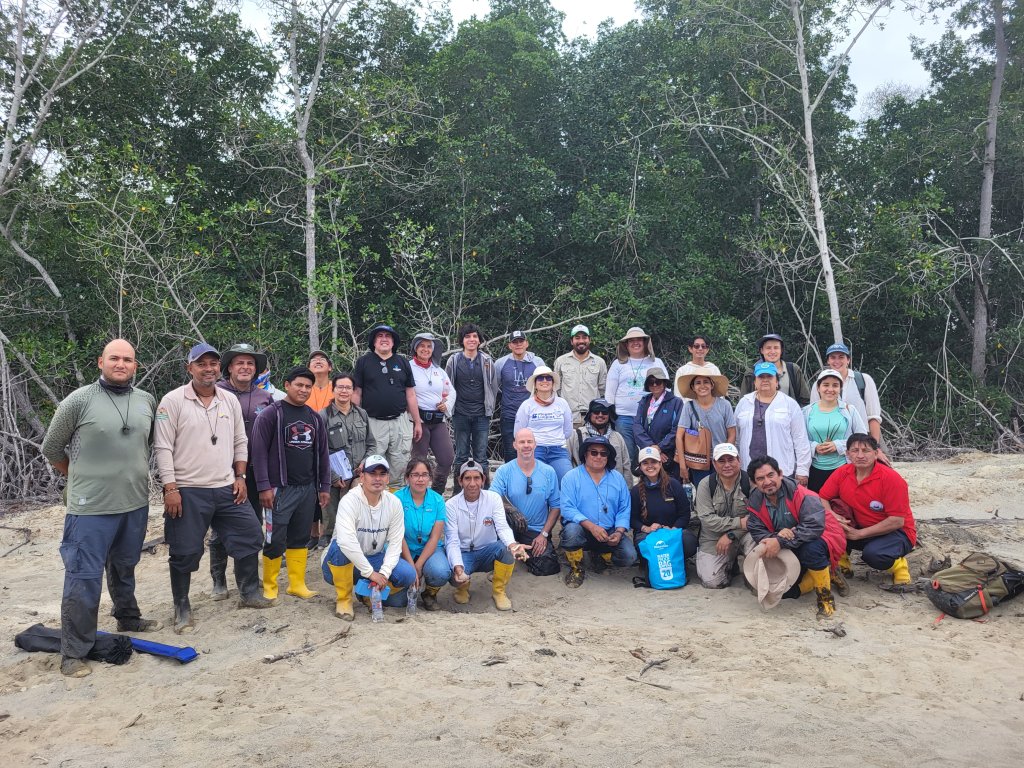
- Read more about From Theory to Practice: Enhancing Restoration through CBEMR
From Theory to Practice: Enhancing Restoration through CBEMR
Location: Bengkalis Island, Indonesia Timeline: October 2023 Goal: The training aimed to enhance participants’ knowledge and skills in Community-Based Ecological…
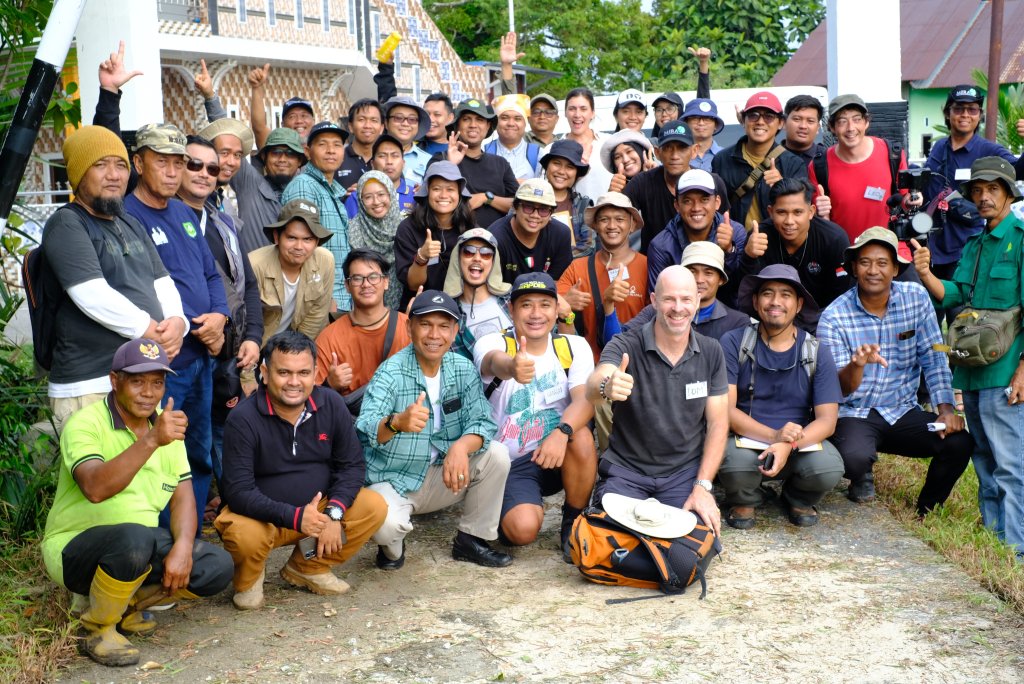
- Read more about Restoring vital ecosystems in Kenya
Restoring vital ecosystems in Kenya
Location: Kenya Timeline: 28th Feb - 21st March 2022 Goal: To share the knowledge and tools for restoring mangroves: a vital…
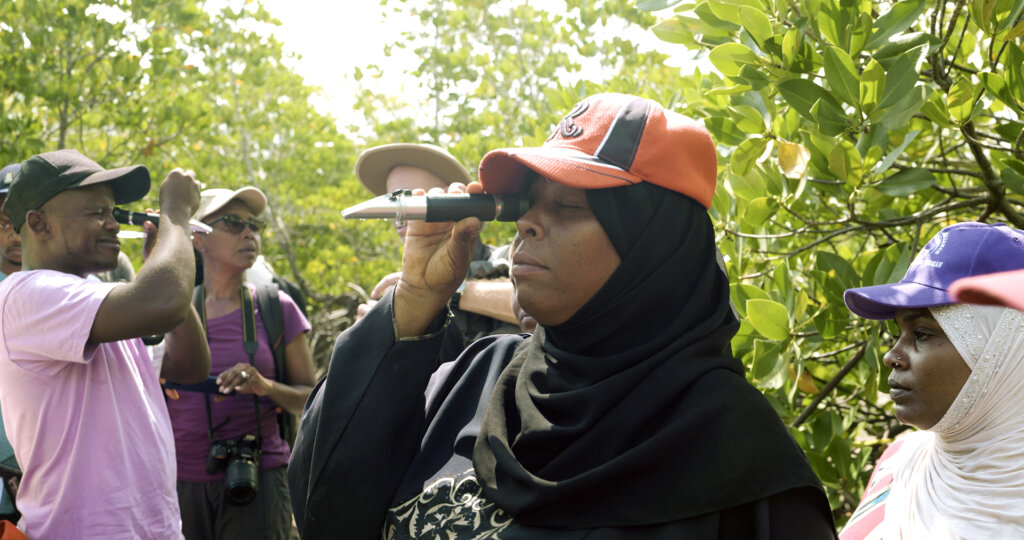
- Read more about Delivering mangrove restoration best practices in the Bahamas
Delivering mangrove restoration best practices in the Bahamas
Location: Bahamas Timeline: March - April 2023 Goal: To support local mangroves restoration efforts and implement best practices for future…
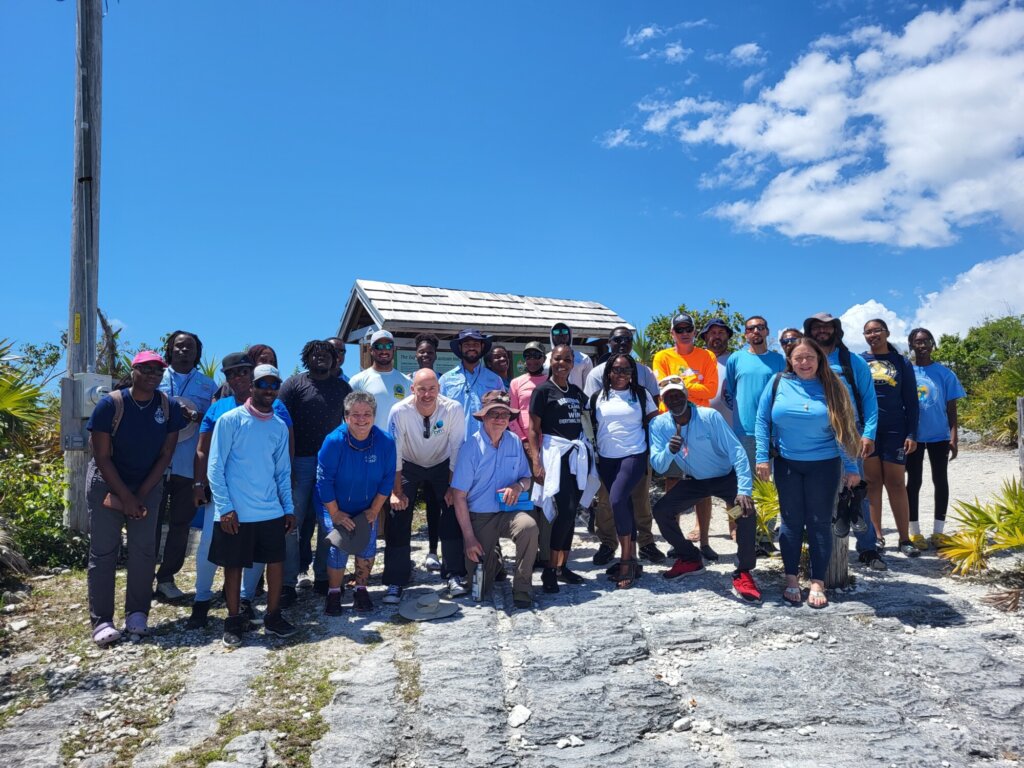
- Read more about Fostering a sustainable network in Honduras
Fostering a sustainable network in Honduras
Location: Honduras Timeline: February 2015 Goal: To work collaboratively with local officials to persuade local villagers and village leaders to reduce…
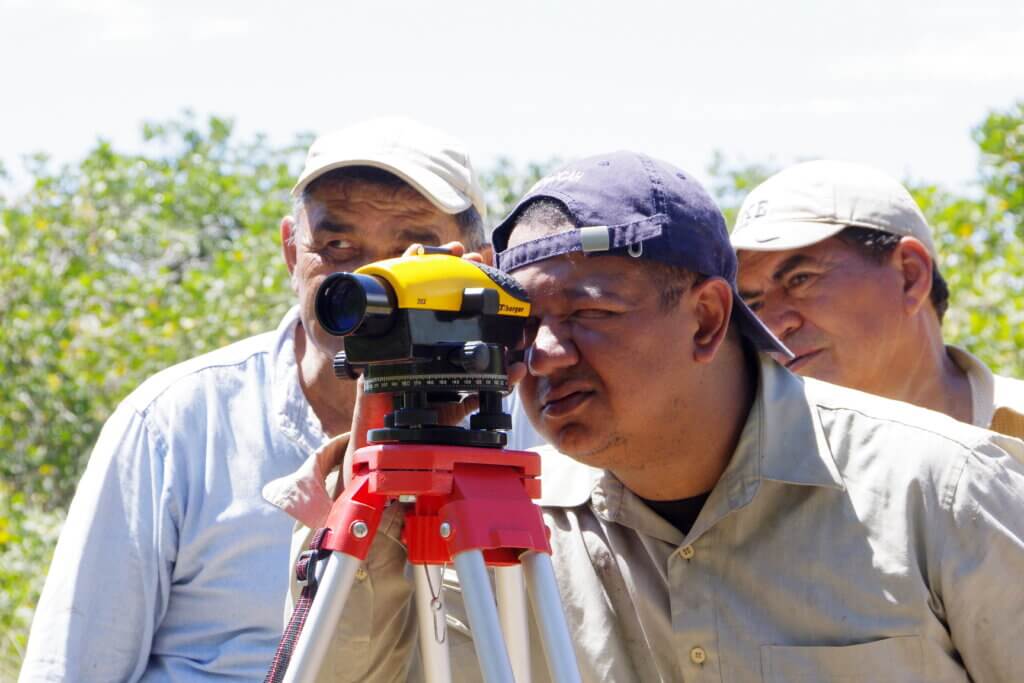
- Read more about Empowering Communities for Mangrove Restoration
Empowering Communities for Mangrove Restoration
Location: Si Kao, Trang, Thailand Date: January 2013 Goal: Two local communities had a shared goal to convert and restore…
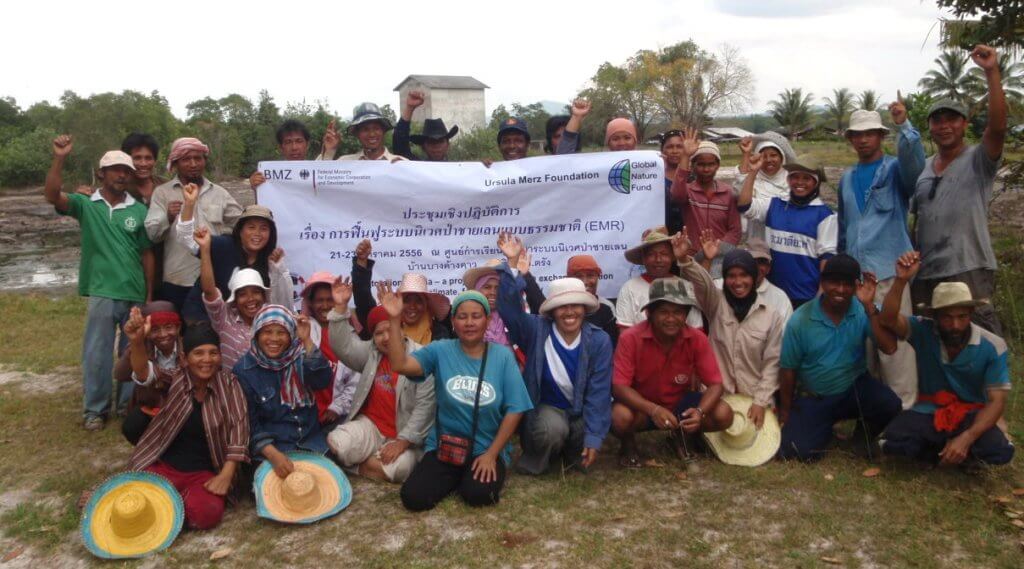
- Read more about Restoring Hope: CBEMR’s Role in Post-Hurricane Recovery
Restoring Hope: CBEMR’s Role in Post-Hurricane Recovery
Location: Bahamas Timeline: April 2022 Goal: The workshop aimed to enhance participants' skills and knowledge in mangrove management and restoration…
